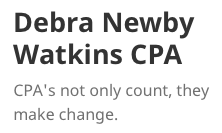Are you aware of the offers your bank gives for certain types of accounts? Do you know how much interest your regular or high-yield accounts pay? Have you ever felt confused by the information you bank sent about interest or ways to save?
These questions and more are currently at the forefront of the banking industry and have brought to light certain practices that institutions may be using to mislead their clients. Capital One was sued by the consumer bureau over advertising meant to deceive customers.
The article advises consumers to be diligent and pay close attention to “deals” when they come from their banks. These could help your money earn more. Read Here: Why Banks May Be Hoping You’re Not Paying Attention







